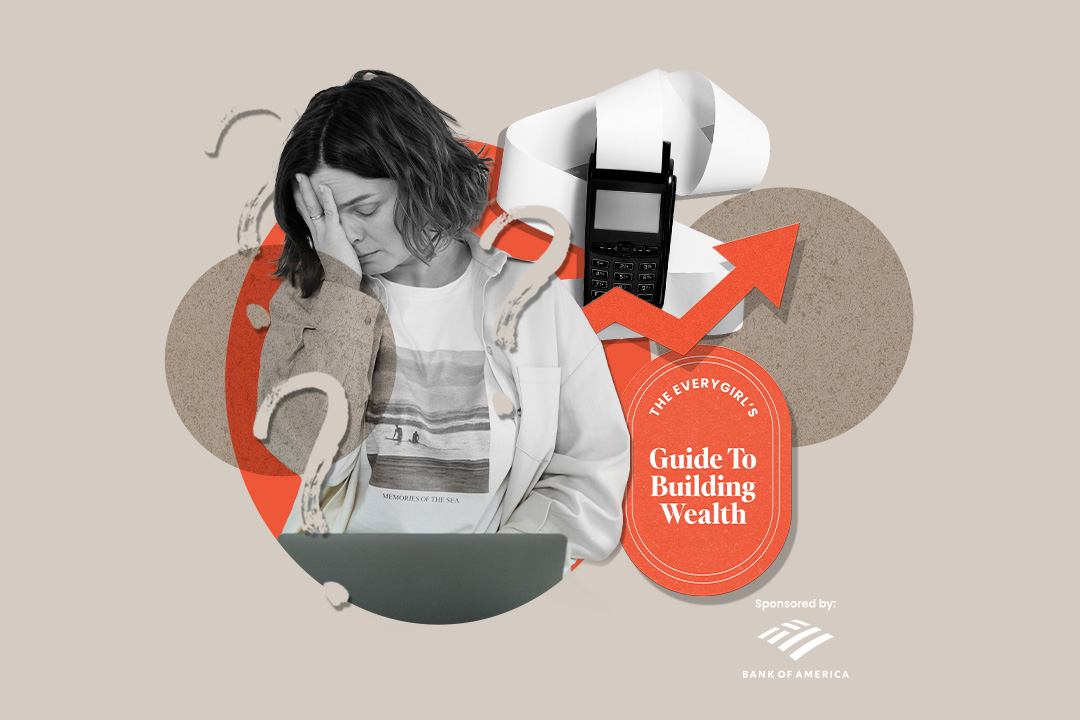I enjoy a nice pumpkin spice latte as much as the next person, but I still prefer summer over fall any day. Even though autumn is a popular season, the cooler weather and shorter days don’t quite suit me (although I will always take the chance to watch my favorite comfort show). Honestly, I often struggle to stay motivated and achieve my goals during this time of year. If you’re like me and find the shift from summer to fall challenging for your work life, you may be dealing with “autumn burnout.”

What is “autumn burnout,” and what causes it?
The term “autumn burnout” refers to feeling completely mentally, physically, and emotionally exhausted during the transition from summer to fall. This can be caused by seasonal affective disorder (SAD) or the increased pressures and demands that go against our biological body clock.
While summer is associated with relaxation and long days outdoors, fall brings cooler weather, shorter days, and more indoor time. This change can impact energy levels, motivation, and goal-reaching efforts. Transition anxiety is also real, and the seasonal change can be challenging for those who struggle with change.
Signs you’re suffering from autumn burnout
There are common signs that indicate you may be experiencing autumn burnout. Look out for these red flags to recognize if you’re approaching or already facing burnout this fall:
1. You feel unmotivated and exhausted
If you find yourself dreading your schedule, struggling to complete tasks, and feeling overwhelmed, it’s likely due to autumn burnout. This feeling persists over time and is not relieved by rest or breaks, indicating burnout.
2. You’re experiencing sleep issues
Burnout can lead to sleep problems as stress hormones like adrenaline and cortisol affect your sleep patterns. If stress is keeping you awake at night and disrupting your sleep, it could be a sign of burnout.
3. You’re apathetic about your job
Feeling indifferent or frustrated towards your job, along with decreased productivity, indicates autumn burnout. Even if you love your career, experiencing apathy and performance decline suggests burnout.
4. You’re cynical and irritable
Increased cynicism and irritability often accompany burnout, reflecting depleted mental and emotional resources. Pessimism and irritability beyond normal levels can signify autumn burnout.
How to treat autumn burnout
1. Prioritize a healthy work-life balance
Maintain a healthy work-life balance by setting boundaries between work and personal life. Avoiding work after hours, setting reasonable working hours, and dedicating weekends to yourself can help prevent burnout. Make time for daily self-care activities to relax and de-stress.
2. Focus on your health
Prioritize your health by getting adequate sleep, exercising, staying hydrated, and eating well. Physical well-being contributes to improved motivation and performance, making it easier to combat burnout. Taking care of yourself boosts self-esteem and productivity.
3. Plan ahead
Reduce stress and enhance productivity by planning your week in advance. Organize your work priorities, tasks, and personal commitments to streamline your days. Planning ahead eliminates morning decision-making and enhances efficiency.
4. Stay connected
Avoid isolation by actively engaging with important people in your life regularly. Whether through communication or in-person meetings, staying connected helps combat feelings of loneliness and funk, supporting your mental well-being.






